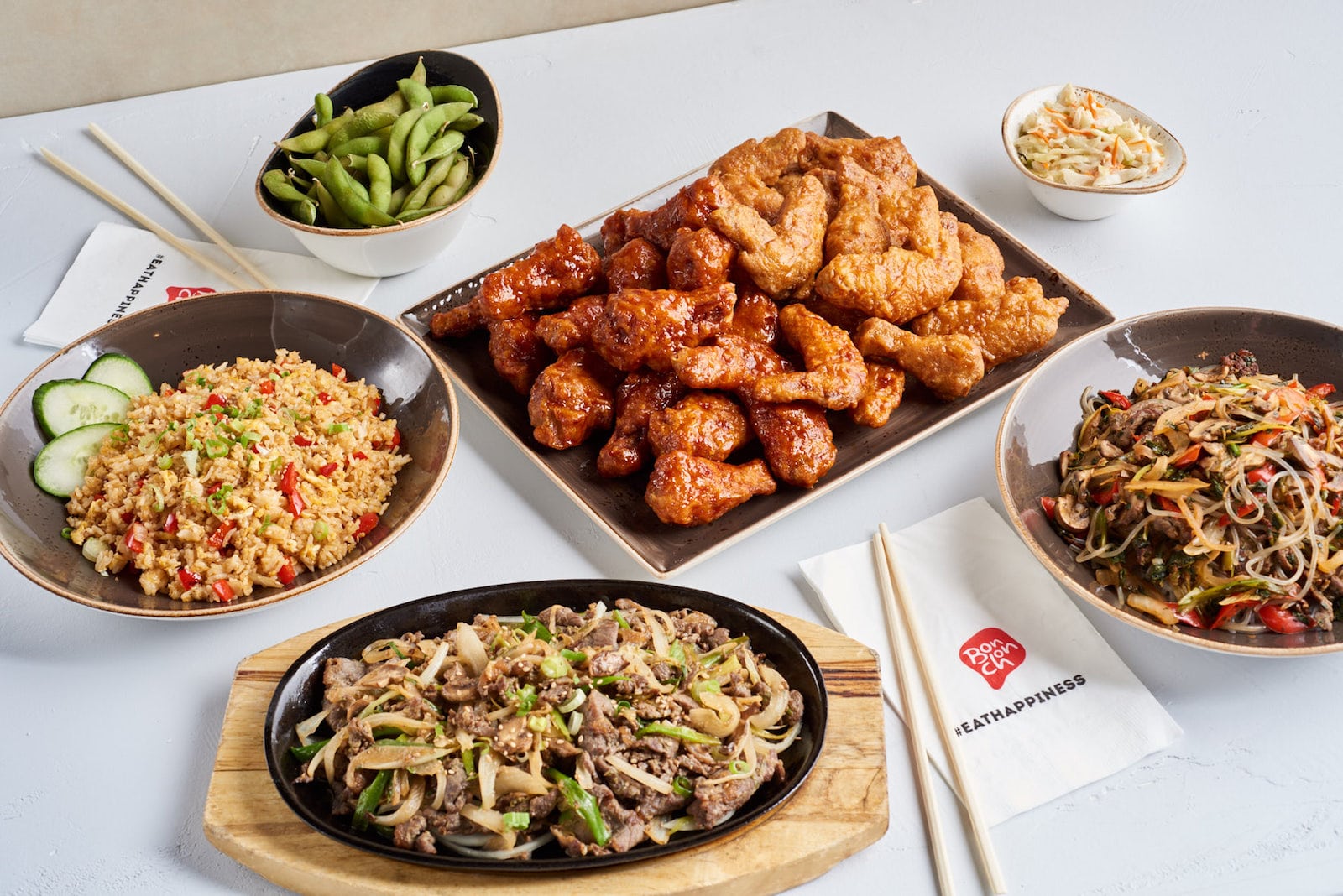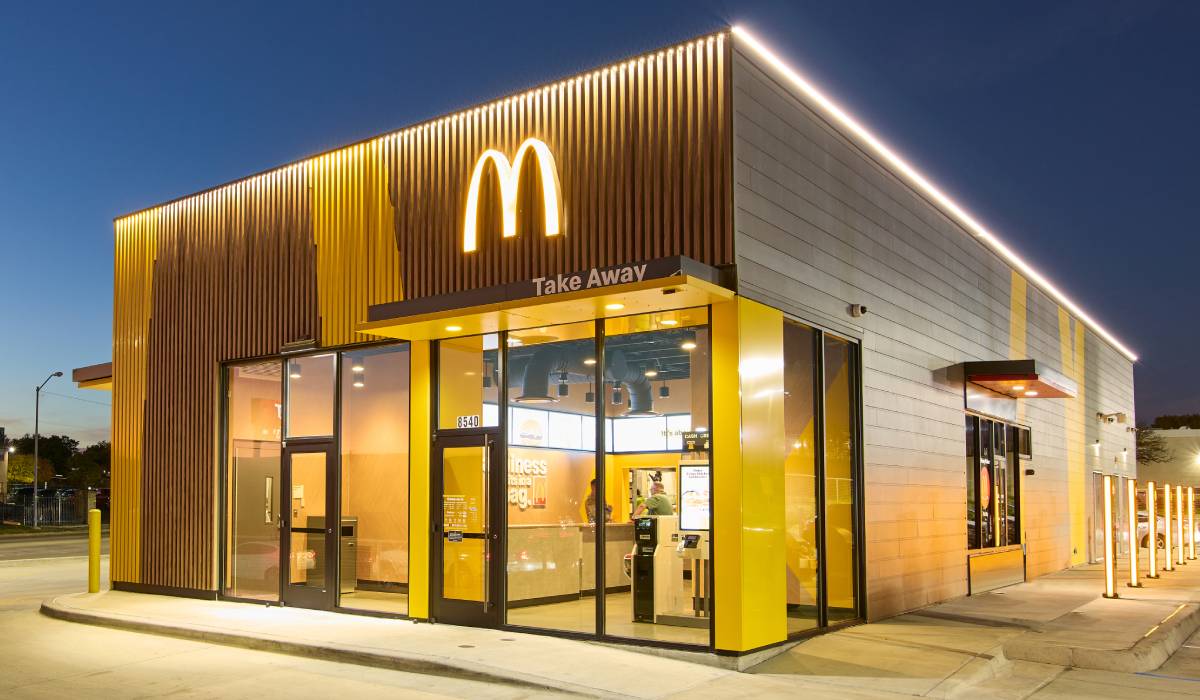With off-premises business proving a lifeline for restaurants during the COVID-19 pandemic, limited-service restaurants have had a clear advantage through the duration of the crisis, with takeout, delivery, and drive thru already second nature to those businesses.
Full-service restaurants by necessity adapted to a limited-service model, rolling out curbside service, delivery, and even de facto drive thrus as a way to survive during dining-room closures. And for at least one chain, that move to limited service will be permanent. Bonchon, the Korean fried chicken concept based in Busan, South Korea, with 100-plus locations in the U.S., announced late last year that it would open its first fast-casual prototype in the Dallas market, and stick to that model moving forward.
CEO Flynn Dekker says that originally, Bonchon’s U.S. stores were committed to a casual experience in smaller store footprints—often 2,500–3,000 square feet—and were “heavy on service.” But even before COVID, he says, the company was looking to evolve that model, as the company was exploring ways to offer franchisees a better return on their investment with stores that were more in the 1,800–2,000-square-foot range, but without sacrificing quality.
Fast casual seemed the perfect fit. “I knew that we had to continue to evolve the brand, and that casual wasn’t where it was at anymore,” he says. “We needed faster service. We serve a younger audience, and that’s how they want to get their meals today.”
The pandemic was the perfect opportunity to prove a fast-casual model. Before the pandemic, about 55 percent of business was dine-in, 11 percent was through third-party delivery, and the brand didn’t have its own online channels. Starting in March, Bonchon “stripped a lot of the excess” out of the brand, Dekker says, and doubled down on its tech stack, prioritizing web and mobile ordering. By the end of 2020, dine-in accounted for about 10–11 percent of sales, delivery about 35 percent, and about 40 percent of the remaining takeout business was requested curbside. Some 16 percent of sales were coming through the company’s own proprietary channels.
[image source_ID=”129104″]
Even after losing most of its dine-in business, Dekker says, the company hasn’t missed a beat. “We’ve completely pivoted. Our sales are better than they’ve ever been, and they were always good to begin with,” he says. “So we continue to grow our business without really any sort of inside service at all. Our delivery and our carryout, those numbers are off the charts, and we’ve replaced all of the dine-in business that we lost and then some.”
This month, Bonchon took another step with its off-premises investments by partnering with DoorDash to facilitate delivery through the brand’s website and app. The partnership leverages the DoorDash Drive white-label platform, and Dekker says it enhances the guest experience while also reducing the cost for both the customer and the franchise partner.
Dekker says there are limits to the brand’s evolution. Drive thrus and ghost kitchens likely won’t be a part of its future. And Dekker has a word of caution to those brands jumping so wholeheartedly into those fields. For drive thrus, he reminds that there are complexities that make it hard to maintain quality, and becoming a drive-thru brand means competing more directly with some of the industry’s drive-thru titans. As for ghost kitchens, Dekker suggests there is a real advantage to bricks and mortar.
“I don’t think [ghost kitchens are] a bad idea, but I also think that there’s something about building brand equity before you make that move,” he says. “And then customers know you, understand you, appreciate you, and then they stop caring about where [their food] comes from.”
Beyond service changes, Bonchon is also tweaking its menu, interior design, and branding as it pivots to the new store prototype and plans to expand into new markets. The brand even moved its corporate headquarters from New York City to Dallas. All of the changes reflect a “middling of the brand,” Dekker says, which is as much about positioning more to the mainstream consumer as it is about geographically expanding inward from the coasts.
“We’ll see how that all shakes out in the end,” he says, “but I think that everybody’s got to find their happy medium.”
For more on how Bonchon is embracing a more fast-casual mindset, stream the interview with CEO Flynn Dekker at the top of this page.









